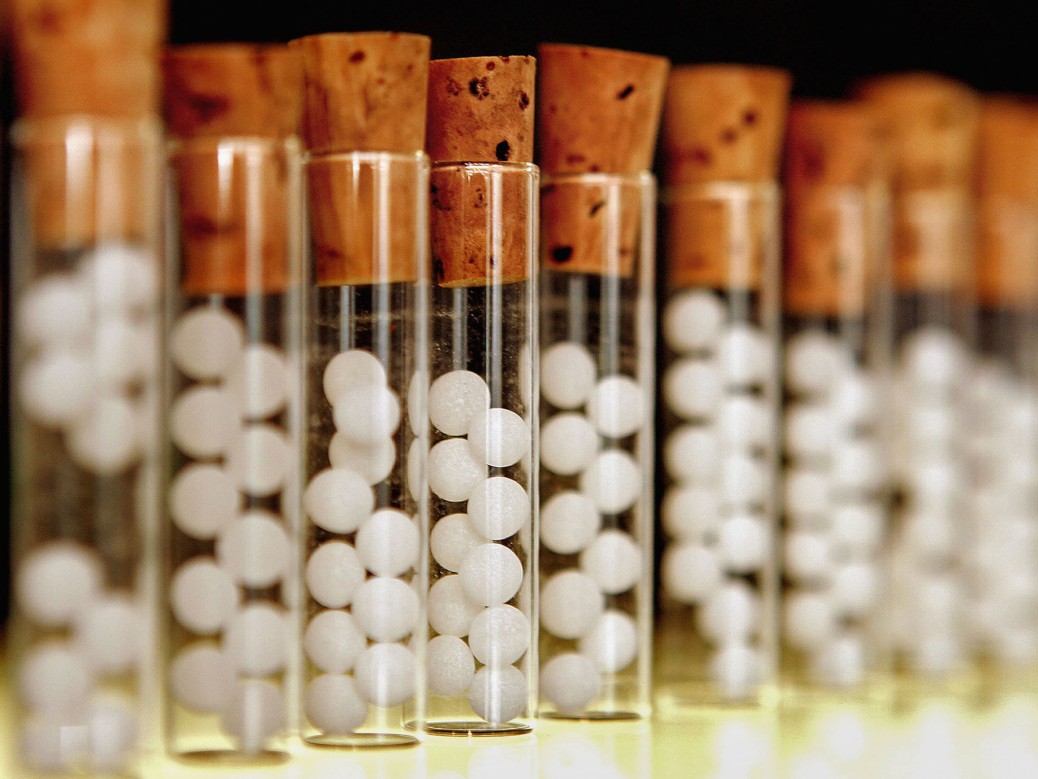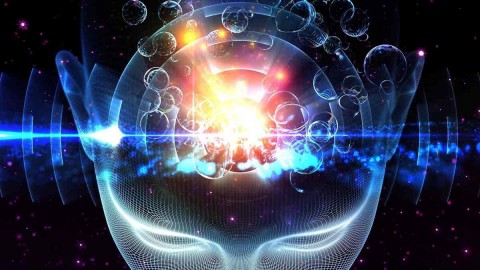Kleptomania is the recurrent inability to resist urges to steal items that you generally don’t really need and that usually have little value.
Kleptomania is a type of impulse control disorder – a disorder that’s characterized by problems with emotional or behavioral self-control. If you have an impulse control disorder, you have difficulty resisting the temptation or drive to perform an act that’s excessive or harmful to you or someone else.
Many people with kleptomania live lives of secret shame because they’re afraid to seek mental health treatment. Although there’s no cure for kleptomania, treatment with medication or talk therapy (psychotherapy) may help to end the cycle of compulsive stealing.
Symptoms
Kleptomania symptoms may include:
- Inability to resist powerful urges to steal items that you don’t need
- Feeling increased tension, anxiety or arousal leading up to the theft
- Feeling pleasure, relief or gratification while stealing
- Feeling terrible guilt, remorse, self-loathing, shame or fear of arrest after the theft
- Return of the urges and a repetition of the kleptomania cycle
Unlike typical shoplifters, people with kleptomania don’t compulsively steal for personal gain, on a dare, for revenge or out of rebellion. They steal simply because the urge is so powerful that they can’t resist it.
- Episodes of kleptomania generally occur spontaneously, usually without planning and without help or collaboration from another person.
- Most people with kleptomania steal from public places, such as stores and supermarkets. Some may steal from friends or acquaintances, such as at a party.
- Often, the stolen items have no value to the person with kleptomania, and the person can afford to buy them.
- The stolen items are usually stashed away, never to be used. Items may also be donated, given away to family or friends, or even secretly returned to the place from which they were stolen.
- Urges to steal may come and go or may occur with greater or lesser intensity over the course of time.
Causes
The cause of kleptomania is not known. Several theories suggest that changes in the brain may be at the root of kleptomania. More research is needed to better understand these possible causes, but kleptomania may be linked to:
- Problems with a naturally occurring brain chemical (neurotransmitter) called serotonin. Serotonin helps regulate moods and emotions. Low levels of serotonin are common in people prone to impulsive behaviors.
- Addictive disorders. Stealing may cause the release of dopamine (another neurotransmitter). Dopamine causes pleasurable feelings, and some people seek this rewarding feeling again and again.
- The brain’s opioid system. Urges are regulated by the brain’s opioid system. An imbalance in this system could make it harder to resist urges.
Risk Factors
Kleptomania is considered uncommon. However, some people with kleptomania may never seek treatment, or they’re simply jailed after repeated thefts, so some cases of kleptomania may never be diagnosed. Kleptomania often begins during the teen years or in young adulthood, but can start in adulthood or later. About two-thirds of people with known kleptomania are women.
Kleptomania Risk Factors May Include:
- Family history. Having a first-degree relative, such as a parent or sibling, with kleptomania, obsessive-compulsive disorder, or an alcohol or other substance use disorder may increase the risk of kleptomania.
- Having another mental illness. People with kleptomania often have another mental illness, such as bipolar disorder, anxiety disorder, an eating disorder, substance use disorder or a personality disorder.
Complications
Left untreated, kleptomania can result in severe emotional, family, work, legal and financial problems. For example, you know stealing is wrong but you feel powerless to resist the impulse, so you may be wracked by guilt, shame, self-loathing and humiliation. And you may be arrested for stealing. You may otherwise lead a moral, upstanding life and be confused and upset by your compulsive stealing.
Other Complications And Conditions Associated With Kleptomania may Include:
- Other impulse-control disorders, such as compulsive gambling or shopping
- Alcohol and substance misuse
- Personality disorders
- Eating disorders
- Depression
- Bipolar disorder
- Anxiety
- Suicidal thoughts, suicide attempts and suicide
Prevention
Because the cause of kleptomania isn’t clear, it’s not yet known how to prevent it with any certainty. Getting treatment as soon as compulsive stealing begins may help prevent kleptomania from becoming worse and prevent some of the negative consequences.
Homoeopathic Treatment
- Bell
- Arsenic Album
- Calc Carb
- Bryonia Album
- Nux Vomica










